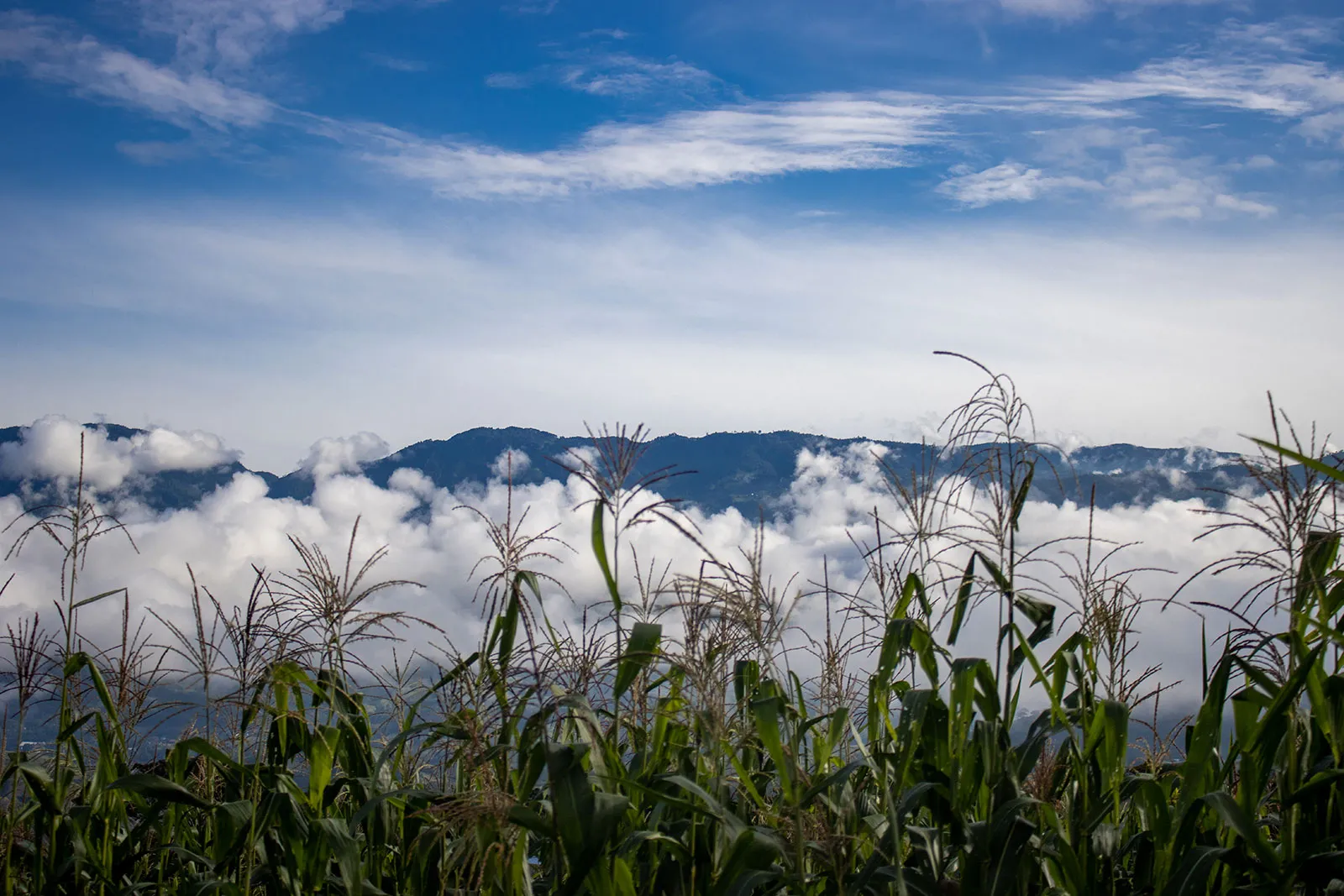SDG 13: Climate Action
Guatemala ranks among the world’s 10 most vulnerable countries, with close to 75% of residents living in areas prone to climate-related hazards such as extended dry spells, forest fires, floods, frosts and landslides. Added to these stressors, more than half the population is experiencing poverty and nearly a quarter are living in extreme poverty, most of whom are indigenous peoples.
When a catastrophic weather event hits, which is often, it wreaks havoc on food production. Extended drought and heavy rainy seasons can be equally destructive, wiping out a community’s crops and forcing those already in poverty to depend on humanitarian aid or leave their homes and risk everything on a treacherous, uncertain journey to a new place.
Valuing ancestral expertise
For more than 20 years, CARE Guatemala has been combatting climate change through innovative, community-led initiatives. Rather than depending on outside experts, CARE has prioritized the knowledge of indigenous communities, learning about ancestral conservation practices and how they can be adapted to meet today’s climate challenges.
We have not only promoted these practices but have also facilitated implementation agreements between the Guatemalan government and regional indigenous authorities. To increase protection of forests, for example, CARE successfully advocated for the decentralization of forestry services, sharing forest protection between indigenous communities and the state. Of the 340 municipalities in Guatemala, more than 200 have now established local forestry offices.




